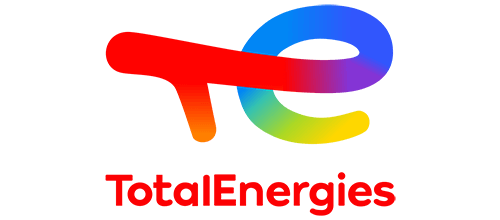
Knowledge is power.
Overview
Unlock the power of your workforce.
Events
We'd love to meet with you at our events around the world.
Blog
Unique insights on knowledge management, AI and more.
Assets Library
Explore our white papers, videos, case studies, and so much more.
Community
Centralized access to Sinequa and your peers.
Sinequa University
Access on-demand trainings and level up your skills.
Your workplace reimagined.
Product Overview
Power what’s possible with the leading AI-powered search platform.
Workplace Search
Your company’s knowledge is just a search away.
Connectors
Connect your apps, connect your workplace.
Features
Advanced features available out of the box.
Sinequa Assistant
Unleash the power of enterprise-ready GenAI.
Security
Built-in security. Trusted by the world's most secure organizations.






